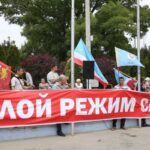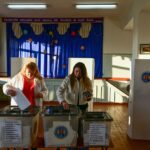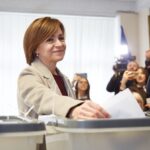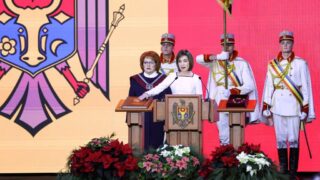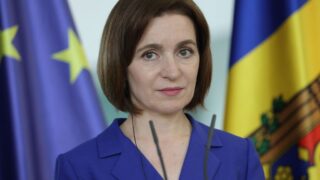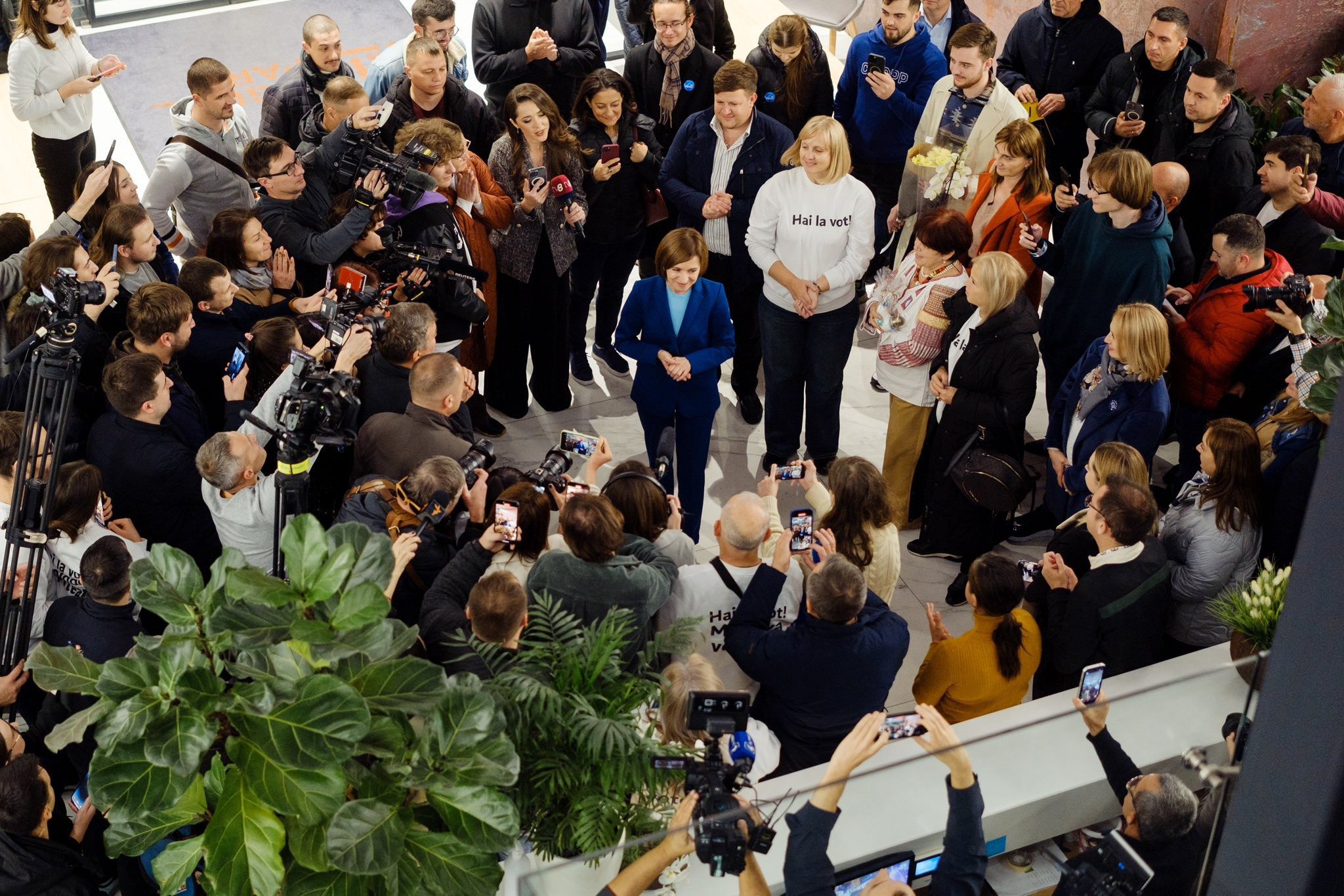
Russia to intensify Moldova destabilization before 2025 parliamentary elections, expert warns
Anastasia Pociumban from the German Council on Foreign Relations (DGAP) told Ukrinform that Moldova’s recent presidential elections saw substantial foreign interference and manipulation. She cautions that with the 2025 parliamentary elections approaching, Moldova may face intensified Russian influence efforts.
Moldova, positioned between Romania, NATO and EU member, and Ukraine, does not control one of its regions, Transnistria, which has been effectively under Russian influence, with Russian troops stationed there since the early 1990s. Russia has long aimed to pull Moldova back into its sphere of influence, working to destabilize its pro-EU government and install pro-Russian allies in power.
Pociumban emphasized that while the presidential election resulted in Maia Sandu’s victory, the narrow margin of support among local voters suggests ongoing divisions within Moldovan society.
“These elections were conducted under unprecedented interference, including voter manipulation, organized voter transport to polling stations, cyberattacks, and bribery. Despite these obstacles, Sandu secured victory; however, only 48.76% of voters within Moldova supported her,” the expert noted.
In early October, Moldovan detectives uncovered a Moscow-orchestrated “mafia-style” network that funneled over $15 million to 130,000 citizens in September. Banned pro-Russian party founder Ilan Șor, a fugitive oligarch hiding in Russia, allegedly laundered funds through banks to bribe voters ahead of elections and the EU referendum.
In the context of the recent referendum on European integration, Pociumban pointed out that the slim difference between “for” and “against” votes indicates that the initiative did not resonate broadly enough to unify the country around pro-EU sentiments. This division presents an opportunity for Russian-backed forces to exploit public discontent and push an “anti-European agenda.”
As Moldova gears up for its 2025 parliamentary elections, Pociumban anticipates that various parties will attempt to siphon votes from Sandu’s ruling Party of Action and Solidarity (PAS). This shift could further polarize Moldovan society, exacerbating tensions and conflicts among the electorate.
Related:


